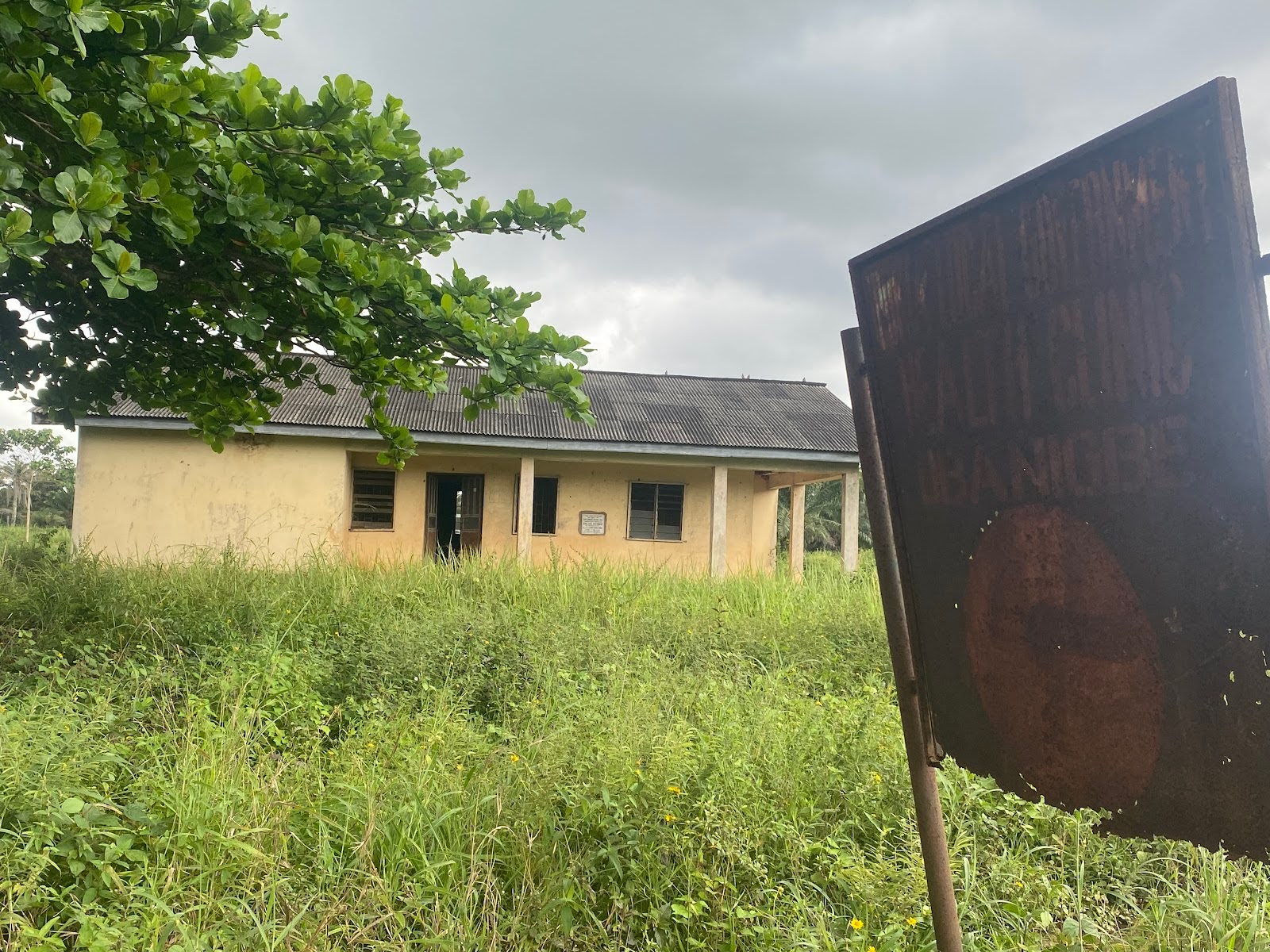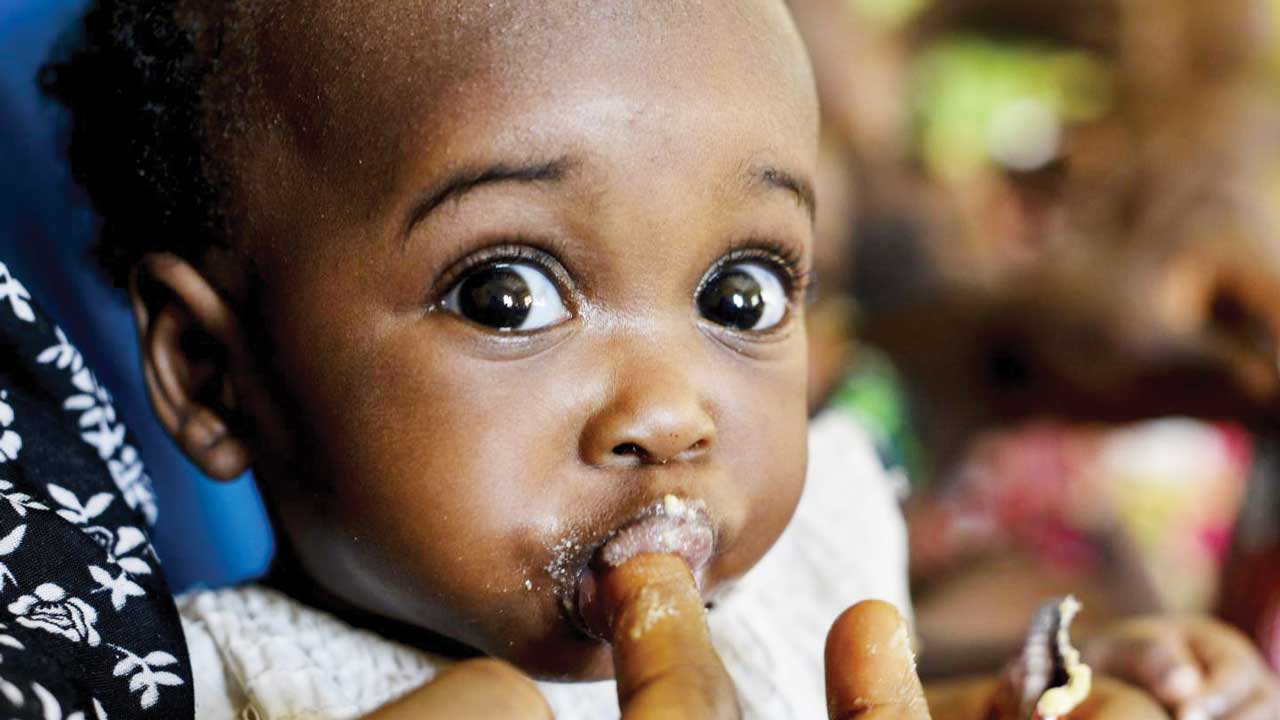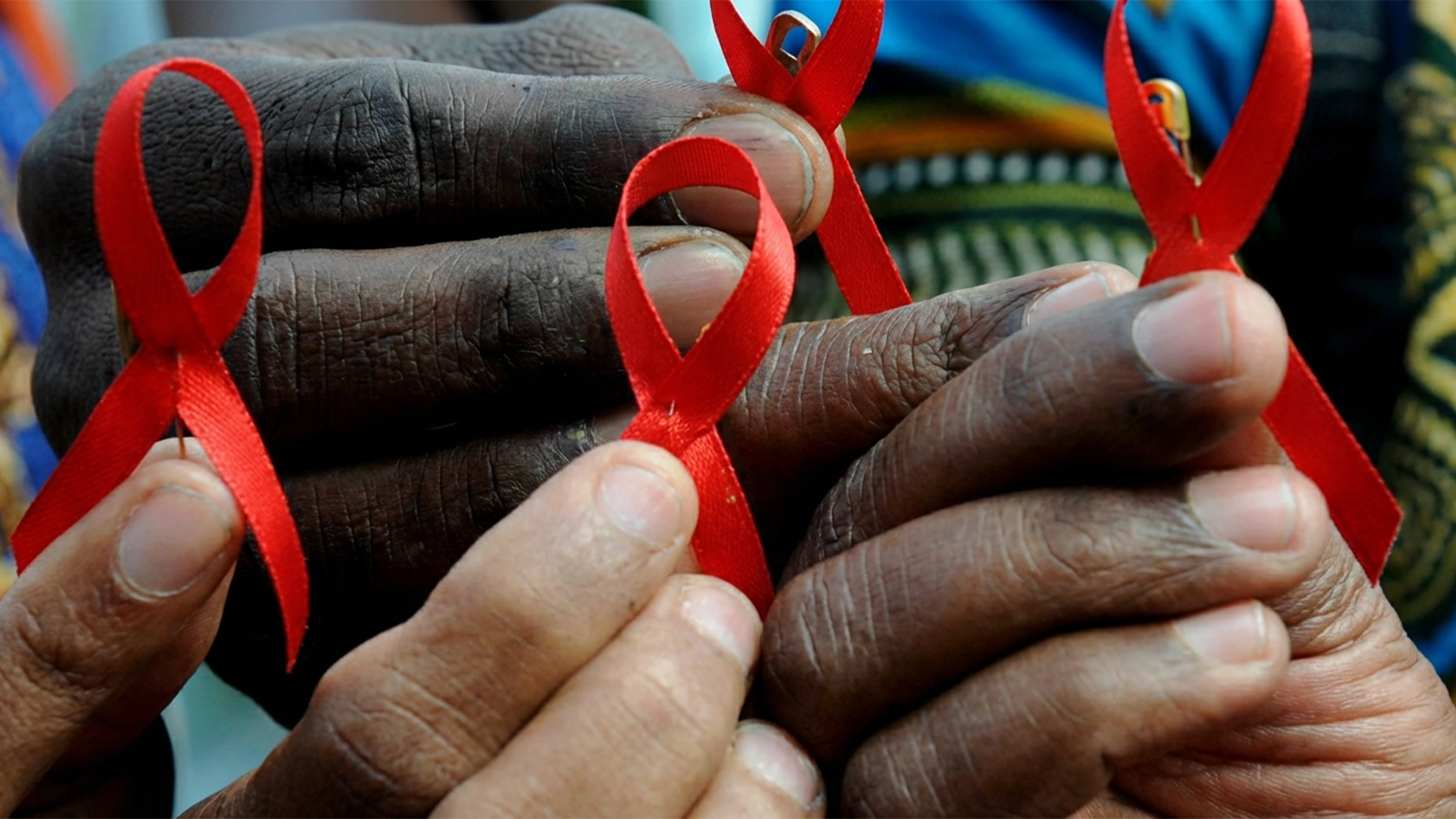 Africa has the highest neonatal mortality rate in the world, with 27 deaths per 1,000 live births. However, comprehensive research on the relation between pregnancy loss and reproductive health issues are not as readily available.
Africa has the highest neonatal mortality rate in the world, with 27 deaths per 1,000 live births. However, comprehensive research on the relation between pregnancy loss and reproductive health issues are not as readily available.
What is known is that vaginal infections, including Sexually Transmitted Infections (STIs), could have serious implications for women’s reproductive health and their pregnancy outcomes. Critical research is needed to better understand the microorganisms present in various vaginal infections, and their role in particular pregnancy outcomes.
Using Artificial Intelligence (AI) and next-generation sequencing technology, my team of researchers at the University of Nairobi are breaking new ground in understanding how the vaginal microbiome and vaginal infections affect a woman’s reproductive health and pregnancy outcomes. This technology could enable us to identify whether women who deliver at term have a certain microbiome, compared to those experiencing pre-term birth.
This research is not only the first of its kind in Kenya – it is cutting edge research with significant tangible impact in improving pregnancy outcomes for women around the world. It also informs the development of faster and less invasive testing – such as a urine test – at the point of care, and potentially the development of more effective therapeutic treatments. If health workers can diagnose and treat an infection at the point of care, you mitigate risk to mother and baby, and reduce the cost of treatment.
The risks of vaginal infections in pregnancy
Testing for vaginal infections – particularly asymptomatic infections such as bacterial vaginosis – is not routinely carried out in prenatal examinations. Healthcare providers seldom carry out a full screening for both symptomatic and asymptomatic infections. They often do syphilis screening, and screenings in the case of premature rupture of the membranes, but there is no integrated approach for identifying asymptomatic infections.
Some studies indicate around 20% of women attending gynaecology clinics in Kenya have vaginal infections including bacterial vaginosis and parasitic infections, or STIs including syphilis, gonorrhoea, Chlamydia and Trichomonas vaginalis. However, data suggests that as many as 73% of women have asymptomatic vaginal infections. Left untreated, these infections can lead to multiple adverse outcomes for pregnancy and gynaecological health, such as miscarriages, preterm birth, foetal growth restriction, premature rupture of the membranes, stillbirth, and endometriosis or infertility for the mother.
Early identification and treatment of vaginal infections would reduce the scale of adverse pregnancy outcomes. However, even where screening is carried out for vaginal infections, the process does not always have the desired outcomes, as the usual diagnostic method requires a vaginal swab, which can be seen as invasive and requires follow-up visits to receive the results and get treatment.
When patients are asked to return repeatedly, the financial cost and time involved for patients discourages follow-up care, resulting in the loss of precious time for treatment. Though nearly 90 percent of women in rural Kenya seek antenatal care, according to the United Nations Population Fund (UNFPA), many wait until the second or third trimester, when it is too late for effective treatment.
Improving pregnancy outcomes
Our five-year research project includes screening and monitoring over 1,500 women attending six medical facilities in Kenya over two years. The research follows first, second and third trimester development, with a control group, live births, and women with outcomes of interest such as preterm or stillbirths.
Having acquired advanced tools such as Polymerase Chain Reaction (PCR) machines to analyse bacteria, and an Illumina MiSeq sequencer for targeted and microbial genome applications, we will use next generation sequencing and AI to analyse microbial communities, and metabolomic profiling to identify predictive and diagnostic signatures of adverse pregnancy outcomes.
In the third year of our research, we will work with computational biology doctoral students to develop an AI model to analyse the data and develop prediction models that could be used to identify at-risk pregnancies for early interventions. Our aim is to show how differences in the composition in the vaginal microbiome impact pregnancy outcomes.
As part of our work, we have established new collaborations with the international Vaginal Microbiome Research Consortium (VMRC), a body which works to improve understanding on the stability of the vaginal microbiota, and risk for disease or adverse gestational outcomes among other functions.
In future, we also plan to drive improved education and awareness of the link between vaginal infections including STIs and pregnancy outcomes. We will sensitise communities and healthcare workers for them to understand that looking out for vaginal infections should be one of the standard pillars of prenatal care.
By working to identify predictive biomarkers for adverse pregnancy outcomes, we may be able to improve reproductive health for women not only in Kenya, but around the world, and support health officials with better intervention strategies to support healthier pregnancy outcomes.
•Prof Moses Obimbo Madadi, is a leading Clinician-Scientist and Associate Professor at the University of Nairobi, Kenya.






